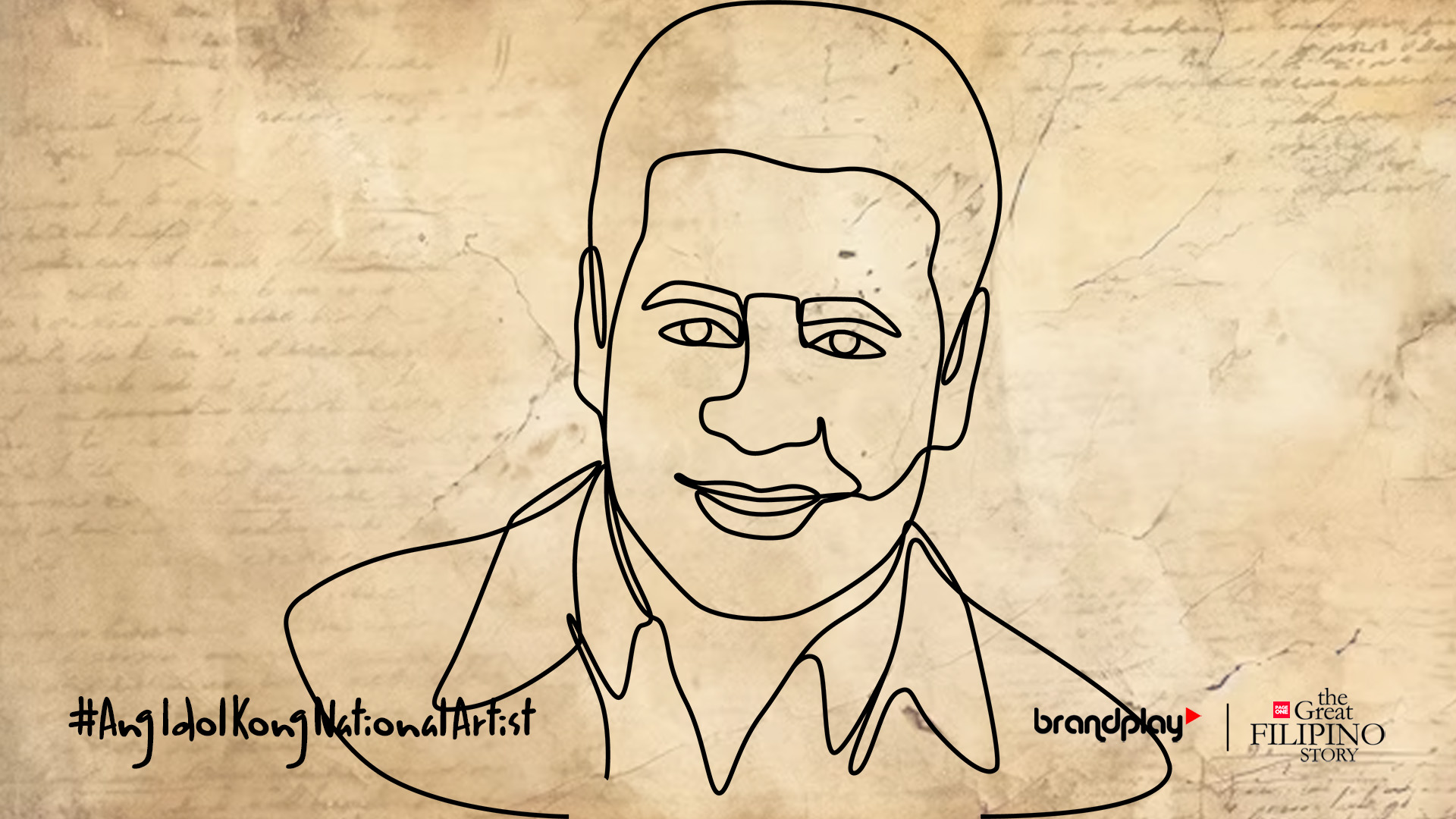Fernando Poe Jr. was hailed as “Da King”, short for “The King of Philippine movies”, because he starred in around 300 films from 1955 to 2003 as well as directed, produced, and wrote screenplays throughout his lifetime. However, let us not forget that, in these films, he played a simple man with a fairly simple outlook in life and went head-to-head against a powerful force only to conquer it successfully. This was one of his keys to the Filipino masses’ heart and which branded him as a celebrated figure in the Philippine film industry.
Fernando Poe Jr., more known as FPJ, was born Ronald Allan Kelley Poe to Filipino-Kapampangan actor and director Fernando Poe Sr. (born Allan Fernando Poe y Reyes) and American mother Elizabeth Kelley in Manila on August 20, 1939. Poe finished his primary education at San Beda College and attended San Sebastian College for his high school studies.
At a young age, Poe was already carrying the responsibility of following his father’s career as an actor. His father, hoping to inherit his fame to his children, gave his son the name “Fernando Poe Jr.” to reflect on his popularity as a top actor during his time. Little did the father know that Poe would eventually fulfill this vision a few years later.
Poe underwent formal studies in theater arts at the University of the East in Sampaloc, Manila. Unfortunately, he dropped out of school during his sophomore year when his father died due to rabies at the age of 34. To compensate for the loss of his father and to continue supporting his family, Poe worked as a messenger boy in the Philippine film industry and as a stuntman for Everlasting Pictures.
It was in the year 1955 when he received his first acting role at the young age of 14. He starred in the film “Anak ni Palaris” which was a tribute and sequel to the film “Palaris” where his father starred. Though this was not enough to push him into fame; it was through the 1956 film “Lo’ Waist Gang” when Poe’s popularity as a film star in the Philippines arose and when his talent was widely recognized. Following his growing success, Poe established FPJ Productions in 1961 and other industries including D’Lanor, JAFERE, and Rosas Productions.
Poe was exceptionally known for portraying roles that highlighted and defended the poor and oppressed in numerous genres such as drama, action, romance, and comedy, thus earning him the nickname “People’s Champion.” Poe also wrote, produced, and directed films that heavily influenced the Filipino film industry; he was, in short, a jack-of-all-trades. He was a cultural icon because he knew how to portray the themes of heroism, justice, and the challenges that burdened the ordinary people in his movies. Everything that he showcased was easily relatable to the common people who idolized him in the media, cinema, and the like. Aside from portraying the ordinary, Poe also played the roles of a loverboy, a comedian, and a gentleman in the movies he starred in.
Poe won numerous awards throughout his lifetime as a film superstar. He won several FAMAS (Filipino Academy of Movie Arts and Sciences) Awards for Best Actor for his films “Mga Alabok Sa Lupa” (1968), “Asedillo” (1972), “Durugin si Totoy Bato” (1980), “Umpisahan mo… Tatapusin ko!” (1984), and “Muslim .357” (1987). Poe was inducted into the FAMAS Hall of Fame in 1988. He was declared a National Artist for Cinema in 2006.
Poe passed away on December 14, 2004, at the age of 65 due to cerebral thrombosis with multiple organ failure and stroke.
From starting out small–being forced to drop out of school, endure the loss of his father, and provide for his family–Poe did not stop pursuing his passion for acting until he managed to rise to the top, max out the box office of every movie he played in, evoked the emotions of the masses, and was crowned the King of Philippine cinema to cement his legacy in the Philippine film industry.






